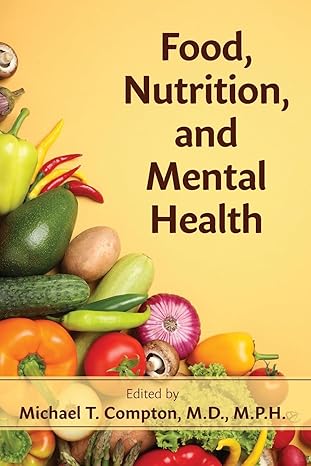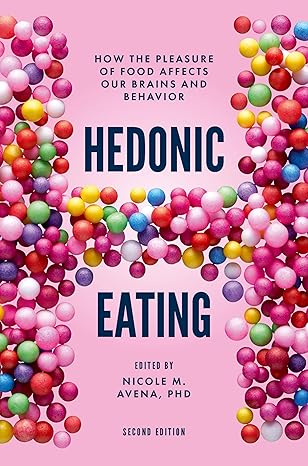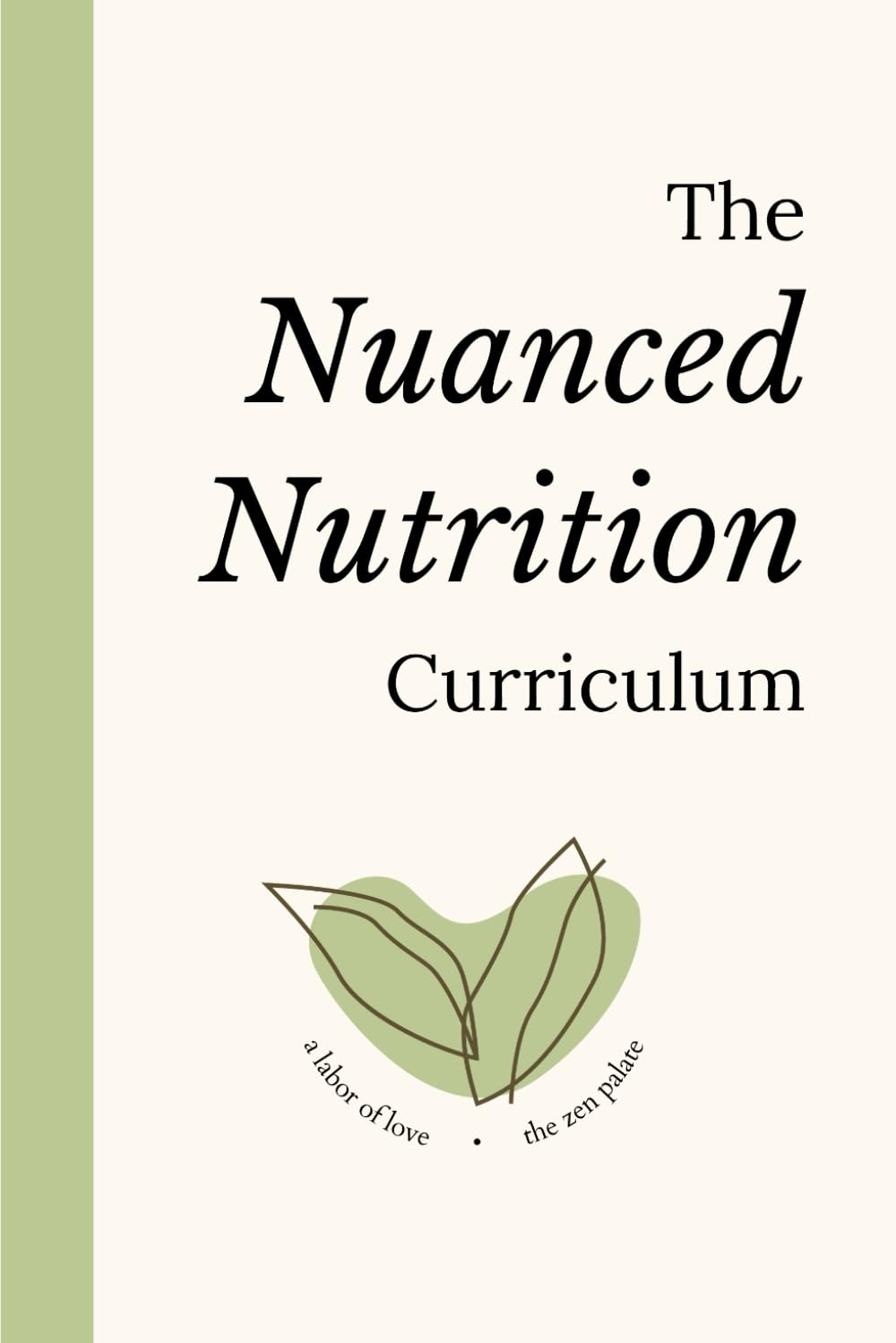 Navigation
Navigation

Why are spicy cuisines characteristic of hot climates? Does our stomach or our brain tell us when it is time to eat? And how do we decide if bugs are food? Employing a learner-centered approach, this introduction to the psychological mechanisms of consumption engages readers with questions and cross-cultural examples to promote critical analysis and evidence-based comprehension.
The discipline of psychology provides an important perspective to the study of eating, given the remarkable complexity of our food environments (including society and culture), eating habits, and relationships with food. As everything psychological is simultaneously biological, the role of evolutionary pressures and biopsychological forces are bases to explore complex processes within the book, such as sensation and perception, learning and cognition, and human development. The authors illuminate contemporary eating topics, including the scope and consequences of overnutrition, the aetiology of eating disorders, societal focus on dieting and body image, controversies in food policy, and culture-inspired cuisine. Supplemental resources and exercises are provided in a pedagogically-focused companion website.
Read Now


